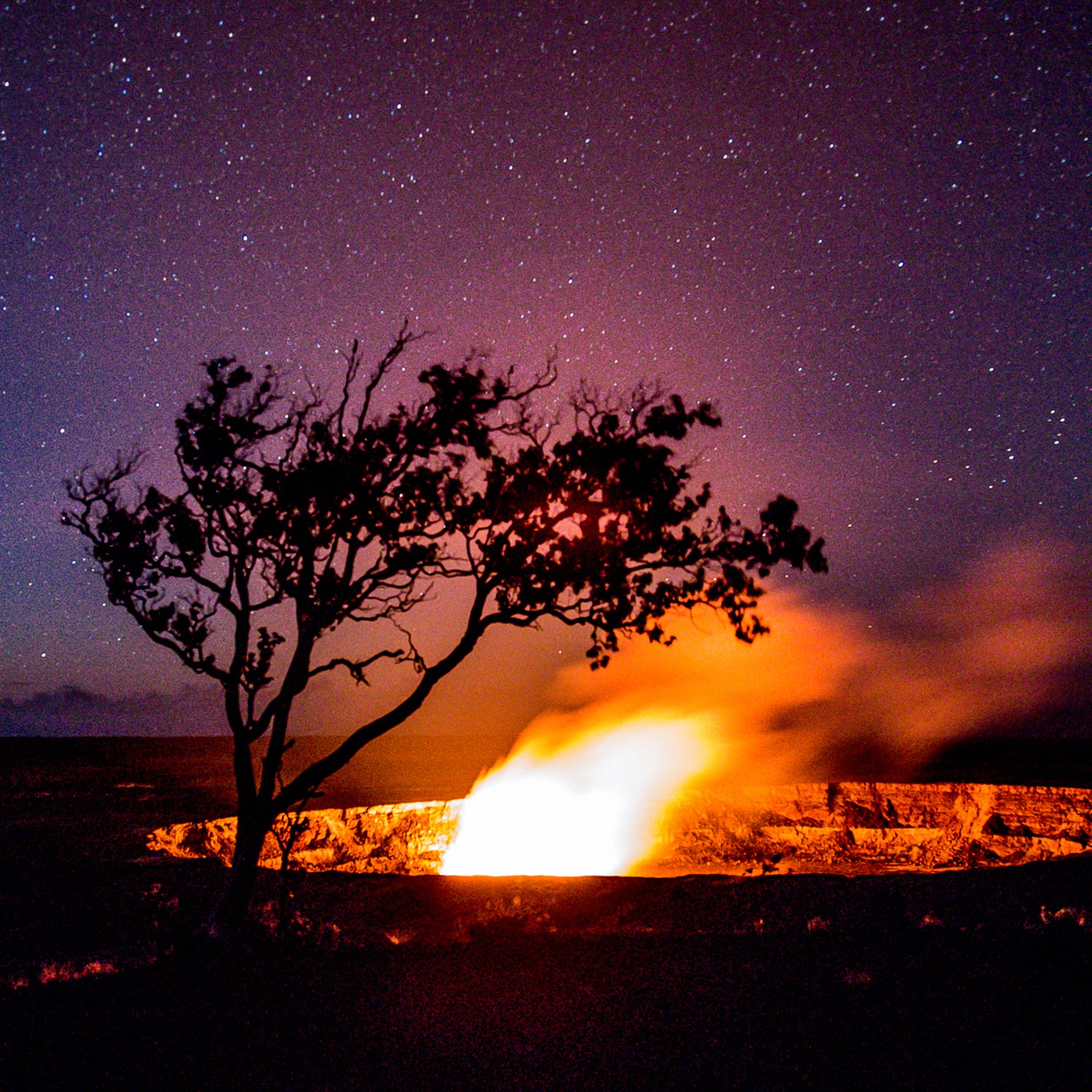On September 30, if Congress does not act, the (LWCF) will expire. This╠řlandmark bipartisan program╠řis one of the most important mechanisms that the federal government has to acquire new public lands, as it is╠řoften╠řused to match╠řgrants for state and local parks and recreation projects and to╠řbuy-out private inholdings in national parks or critical wildlife areasÔÇölands that could be developed privately in a way that would negatively affect the surrounding landscape. No one wants a McMansion right in the middle of a national park.
The fund is primarily replenished through revenue from offshore drilling royalty payments, and is supposed to total $900 million per year. But it's been years since the fund has been anywhere╠řnear that amount.╠řCongress has whittled away at LWCFÔÇÖs pool of money, refusing to fully fund it and╠řappropriating╠řthe money elsewhere. Since the LWCF's╠řinception, Congress has only fully funded it twice, creating a federal land acquisition backlog estimated at $30 billion. Additionally, state governments report needing $27 billion in LWCF funds for eligible parks and recreation projects such╠řas facility maintenance, public access, and parkland acquisitions. Now, unless Congress acts, the widely praised program will cease to exist, and our public parks and lands will be left vulnerable.
We at the Sierra Club have repeatedly called for Congress to take swift and immediate action and not only reauthorize LWCF, but fully fund the program.
Should Congress act, there are countless critical projects across the country that LWCF could support, projects that are currently languishing for lack of funds. Here are five╠řexamples of the╠řtypes of projects that could be completed╠řimmediately if the funding comes through:╠ř
- The expansion of the Blanca Wetlands Area of Critical Environmental Concern (ACEC) in Colorado. The purchase and expansion of 12,000 acres of land bordering the site would create much-needed connectivity between wetlands along the Upper Rio Grande owned by an array of state, private, and federal agencies. The result would be an un-fragmented core of protected lands that would allow the wildlife living there, including threatened and endangered species such as the bald eagle, the ability to move freely between environments while also enabling more efficient land management across the entire landscape.
- Several land parcels within the are currently at risk of being developed into a resort. The park is an international biosphere reserve and World Heritage site. The proposed acquisitions include Pohue Bay, a pristine ecosystem home to monk seal habitat, endangered coastal plants, and important archaeological sites. This parcel needs immediate protection. A proposal to rezone the conservation region to medium density urban and .
- The acquisition of privately owned land within the in Hawaii. In purchasing the private land, LWCF could restore habitat connectivity for the over 30 rare and endangered plant and animal species it supports, such as the ÔÇśAlala, Palila, and Hawaiian Hawksbill sea turtles nesting areas.
- Trumbull Creek Watershed Project is a high priority for LWCFÔÇÖs . The project would support the vital outdoor recreation industry of the Northern Rockies region by providing permanent public access to 7,150 acres of commercial forestland for activities such as hunting, fishing, and hiking. It would also secure recreational access to nearly 65 miles of logging roads and trails.
- The acquisition of a privately owned piece of land within the , where the remains of McAllister's Mill sits. The╠řparcel contains the only undocumented Underground Railroad site within the park and╠řcurrently faces╠řthreats of development. This park marks the site of a Civil War battle in July of 1863 that halted the second Confederate invasion of the North. In the cemetery adjacent to the park, Abraham Lincoln presented his historic Gettysburg Address.
These five projects represent just a fraction of the many state and federal projects that desperately need money from the Land and Water Conservation FundÔÇönot to mention the thousands of public spaces that will suffer from lack of funding for this vital program. The clock is ticking, and Congress should not waste another second.
Matt Kirby is Director of Permanent Protections at the Sierra Club.


